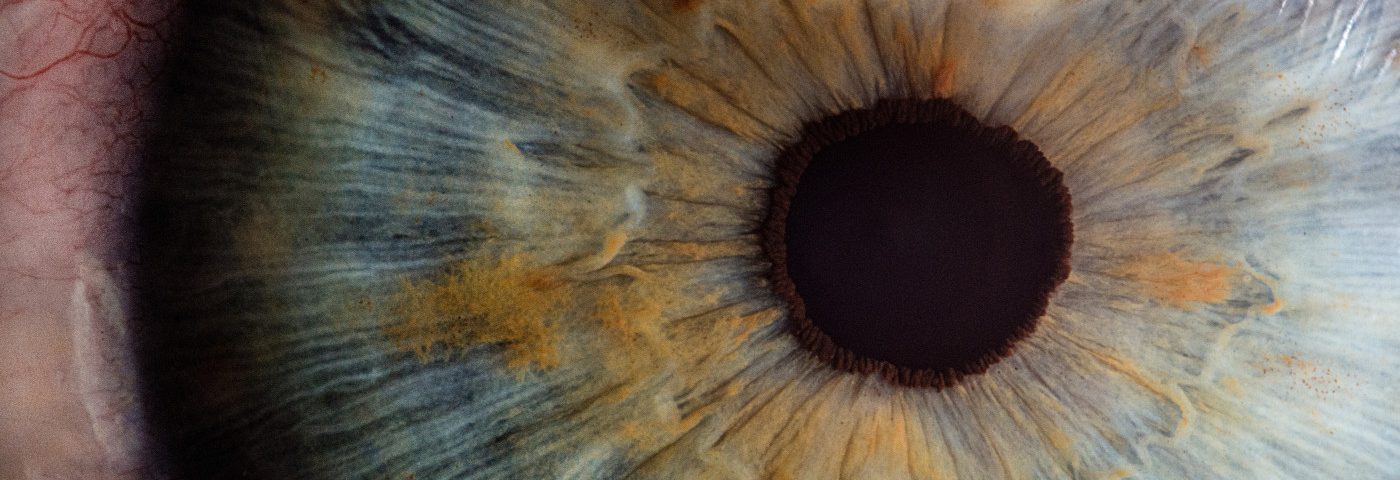In people with poorer sensation in the cornea, neurotrophic keratitis (NK) can develop after undergoing micropulse transscleral cyclophotocoagulation (MP-TCP) to treat glaucoma, two case reports suggest.
Risk factors for diminished corneal sensation include damage to the retina and herpes infection.
The cases were described in the study “Neurotrophic keratitis after micropulse transscleral diode laser cyclophotocoagulation,” published in the American Journal of Ophthalmology Case Reports.
NK is a rare eye disorder that affects the cornea: the transparent front part of the eye that works like a window to focus the entry of light into the eye. It occurs due to problems with the nerves that serve the cornea.
This rare disease is characterized by reduced sensitivity in the cornea, spontaneous epithelial (the cornea’s outer layer of the cornea) breakdown, and impaired corneal healing despite frequent lubrication. Certain viruses, such as herpes simplex virus or the herpes zoster virus, and laser eye surgeries are known causes of NK.
MP-TCP is a surgery recommended for people with glaucoma — damage to the optic nerve that causes vision loss and high fluid pressure inside the eye — that persists with medication. MP-TCP had not previously been related to NK.
Researchers in Chile and at the University of California described two cases of individuals with a tendency to have low corneal sensitivity who developed NK after undergoing MP-TCP.
The first was a 79-year old Asian woman with difficult-to-manage diabetes that had caused damage to the retina and blood vessels of the eye as well as glaucoma in both eyes.
She underwent several eye surgeries and was given various medications to treat glaucoma. Before the surgery, she applied several eye drops to control her glaucoma. Doctors decided to perform MP-TCP in the right eye to improve her vision and reduce the number of eye drops she had to apply.
A week after the surgery, the woman still had poor vision, but her eye pressure had significantly decreased. One month after the surgery, her vision remained stable and her eye pressure was normal. Still, she showed damage to the corneal epithelium along with low sensitivity in the cornea, which suggested NK.
The woman received topical antibiotics and artificial tears to heal the epithelium and avoid infections, but the injury did not improve. Doctors applied a bandage contact lens, which healed the wound within two weeks.
“The patient subsequently developed a recurrent epithelial defect at postoperative month 3 and 5 that responded to topical antibiotic, lubrication, and bandage contact lens,” the researchers wrote.
Seven months after the surgery, the epithelium was healed, and her eye pressure was higher than normal, but lower than before the surgery.
The second patient was a 79-year old Hispanic woman with well-controlled high blood pressure and diabetes. She had no damage in the retina but had recurrent herpes infection to the cornea and glaucoma in both eyes.
The woman had previously undergone cataract surgery in both eyes, and applied several eye drops to control glaucoma. Doctors decided to perform MP-TCP in the right eye to control internal pressure.
One week after the surgery, the woman’s eye pressure was below normal, so doctors stopped glaucoma medication. Three weeks after the surgery, she showed an epithelial lesion and reduced sensation in the cornea, suggestive of NK. Topical antibiotics and artificial tears failed to heal the injury.
The doctors scraped the edges of the epithelium to promote healing, and performed a surgery that partly brought the eyelids together to increase lubrication to the cornea. The lesion healed after two weeks.
Six months after surgery, the woman’s vision had improved, and her eye pressure was normal without the need of medication. However, the damage to the epithelium became recurrent and she, too, was treated with a contact bandage lens. One week later, the epithelial defect was healed but with “epithelial irregularity in the zone of the previous defect,” the study noted.
“Both patients presented in our report had risk factors for decreased corneal sensation [damage to the retina and herpes infection] for many years but never developed NK prior to the MP-TCP treatment,” the researchers wrote. This suggests that MP-TCP triggered NK.
“NK is a rare but serious complication that can develop after MP-TCP in patients with predisposing factors for decreased corneal sensation,” the researchers wrote.
“The risk of developing NK should be discussed preoperatively with high-risk patients and patients should be monitored closely postoperatively,” they added.

